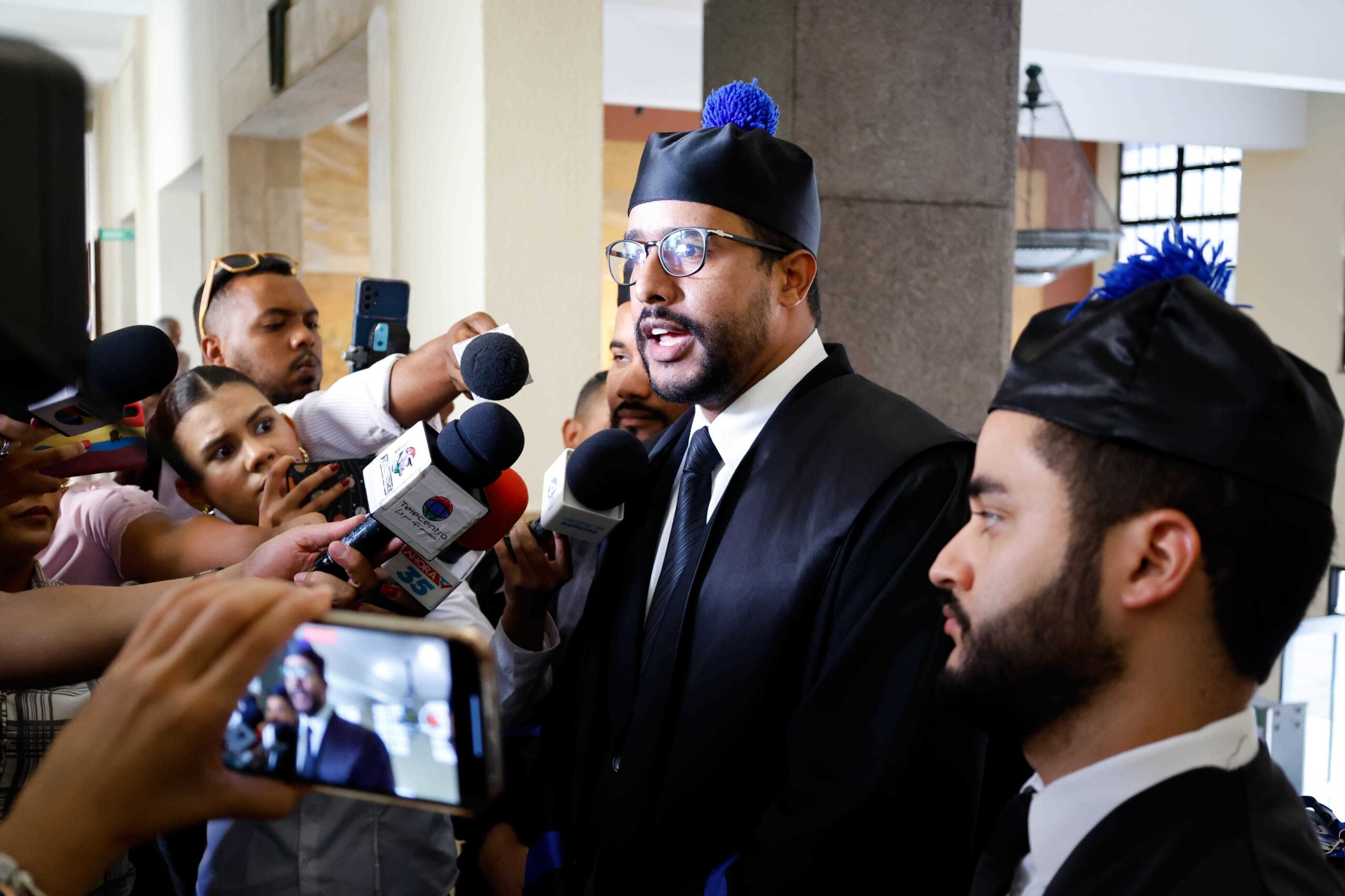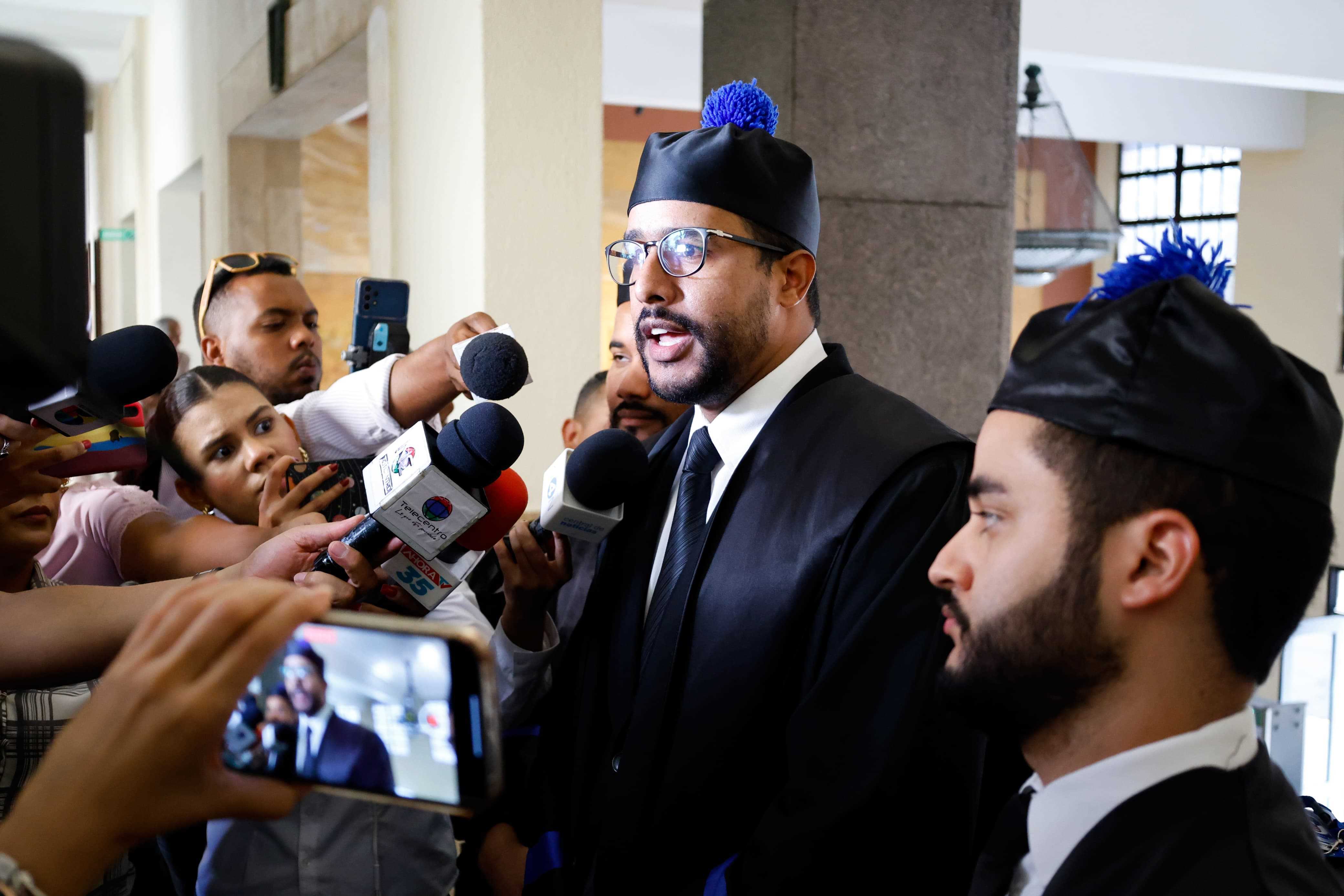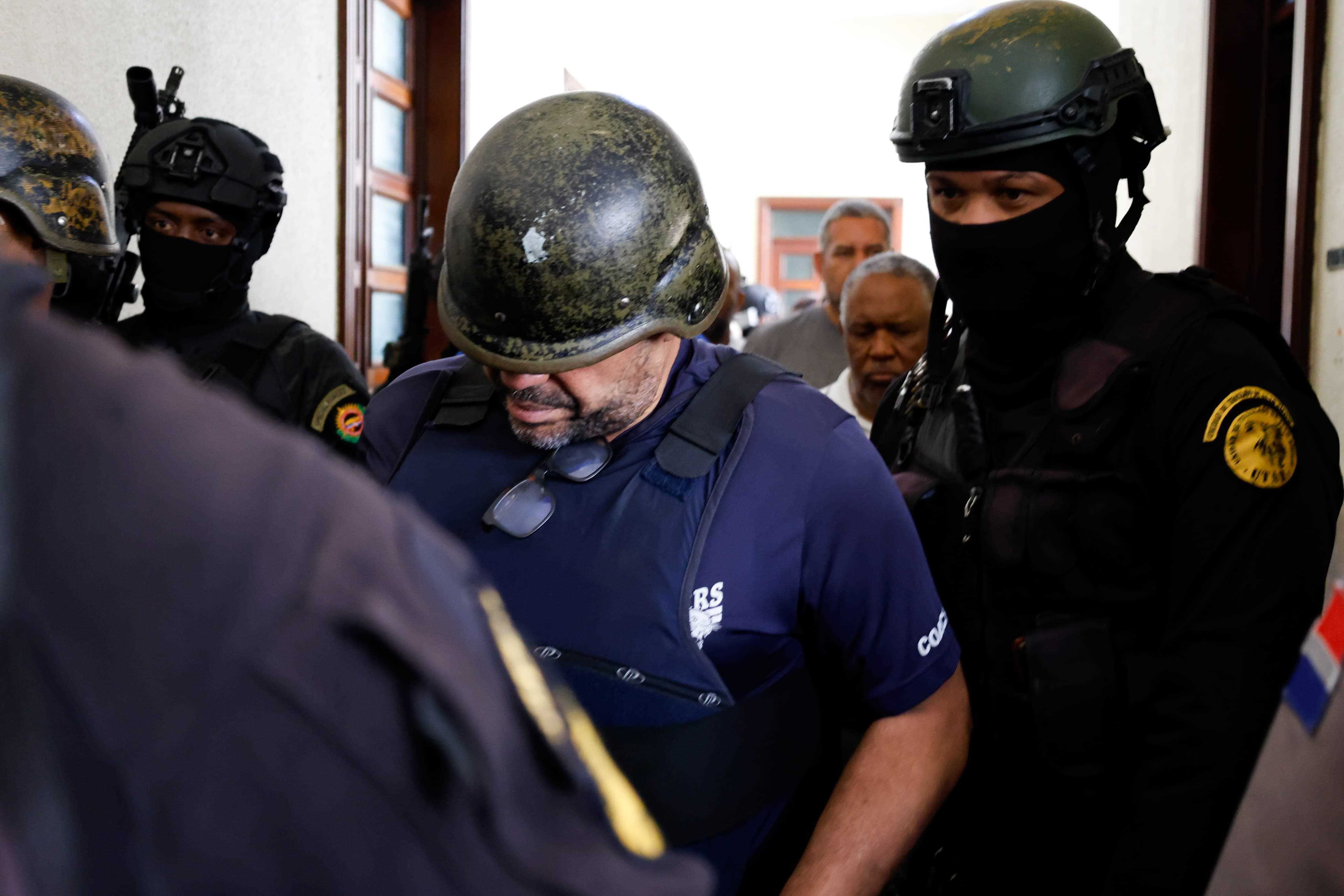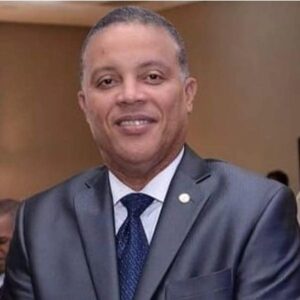
This Saturday, the Office of Attention Permanent of the National District decided to postpone the audience in which the discussion would be held extent of coercion for ten accused of being part of an international drug trafficking network dismantled by means of the Operation NK Buffalo.
The judge Fatima Fast has scheduled the new audience for next Friday, September 27 at 9:00 in the morning.
The prosecutor Miguel Collado He stated that the Ministry Public has sufficient evidence to support the application of preventive detention against the accused and that they were prepared for the audience.
He Ministry Public has pointed out that the organization criminal It was dedicated to the marketing of controlled substances, arms trafficking and money laundering, and was made up of Colombian, Dominican and Venezuelan citizens.
In the document of application of extent of coercionThe prosecuting body asked the court to impose 18 months of preventive detention against the accused and to declare the case complex.

Even though the Ministry Public 28 people were linked to the case, only ten were brought to justice. Among them are Rafael Ynoa Santana, known as “el Cojo”, “Pocho” and “el Don”, and Isidro Rotestan Clase, who are identified as the ringleaders of the organization.
It is alleged that Ynoa Santana was in charge of the operations of drug mobilization and had under his command the people who appeared as front men, while Rotestan Clase allegedly took care of money laundering.
Further
- The document details that the alleged ringleaders of the organization They sent money intended to finance illegal drug transport operations to Colombia, using exchange houses in Bogotá and Medellín.
- The accused are also Juan Bolivar Hernandez, Jose Antonio Toribio, Juan Henriquez Tavarez, Severiano Nunez Pichardo, Germania Mercedes Natali Roman, Maritza Flete Santana, alias Karilis, Robert Nicolas Acosta Adames and Cristian Esteban Alcantara Javier.

- According to the case file, the network operated from Santo Domingo and the National District in the Dominican Republic for approximately five years, transporting illicit substances across the Caribbean Sea and the Atlantic Ocean, to and from Colombia, Puerto Rico, Venezuela, the United States, Spain and Europe, among other destinations.



